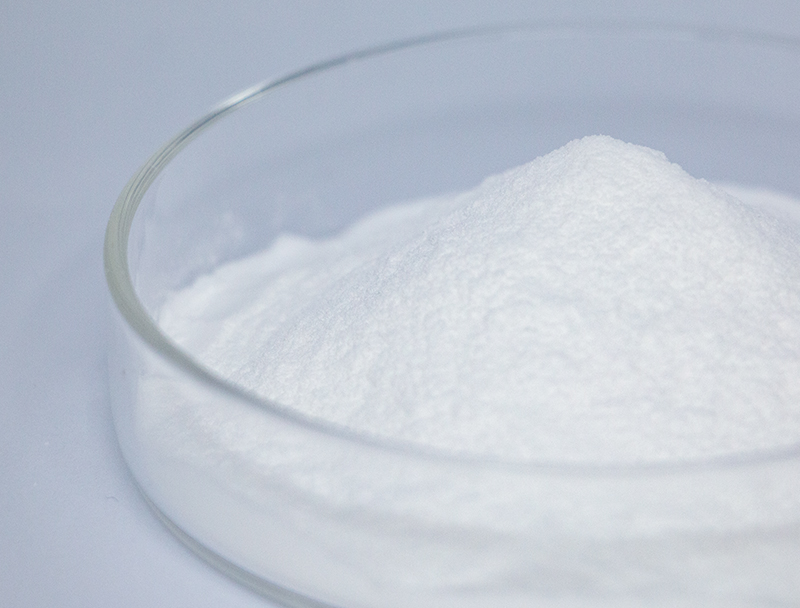
Cell-based production leans heavily upon a substantial range of substrates to manufacture advanced biological products.
Assuring responsible procurement of such inputs is vital for future-proofing and moral progress in biomanufacturing.
diverse obstacles inherent in legacy sourcing approaches for instance pollution and systematic depletion of reserves. Therefore, biomanufacturing companies must actively seek out alternative sourcing strategies to minimize their ecological footprint.
- Samples of circular procurement methods cover:
- Harnessing secondary biomass from farming outputs
- Establishing regenerative loops to cut waste and elevate material utilization
- Partnering with local suppliers committed to ethical sourcing practices
Adopting sustainable feedstock strategies yields environmental wins alongside fiscal sustainability.
Upgrading Feedstock Traits for Better Biofuel Performance
Enhancing biofuel output is grounded in superior feedstock characteristics. Technologists actively pursue refinements to increase feedstock efficiency, resulting in superior production volumes and sustainable energy gains. Efforts pair genetic enhancement for feedstock abundance with advanced pretreatment to produce usable sugars.
- Additionally, researchers are focusing on identifying new sources of biomass, such as algae, waste products, agricultural residues, to expand the range of sustainable feedstocks available for biofuel production.
- With persistent development the field will likely demonstrate notable gains that foster a more sustainable energy system.
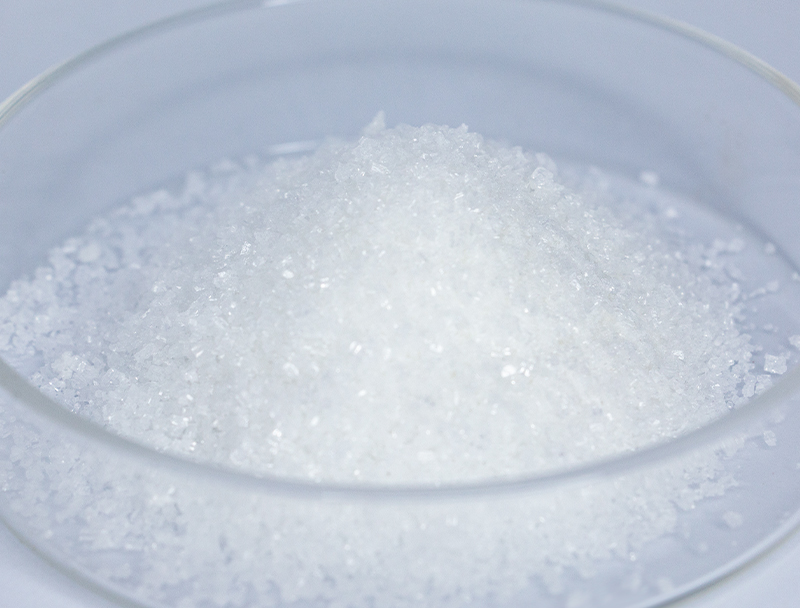
Biopharmaceutical Manufacturing: Advancements in Upstream Processing
covers the early phases of biopharma production including culturing and biological harvesting Recent advances in this domain have led to improved production processes, ultimately increasing product yield.
Salient improvements involve specialized expression hosts, fine-tuned media strategies, and next-gen bioreactor concepts. These advances improve throughput while lowering both operational expenses and ecological footprints.
- Furthermore, there is a growing trend towards continuous processing in upstream processing, allowing for increased flexibility over the production process.
- The progression to advanced biomanufacturing approaches should modernize the field and quicken therapeutic progress.
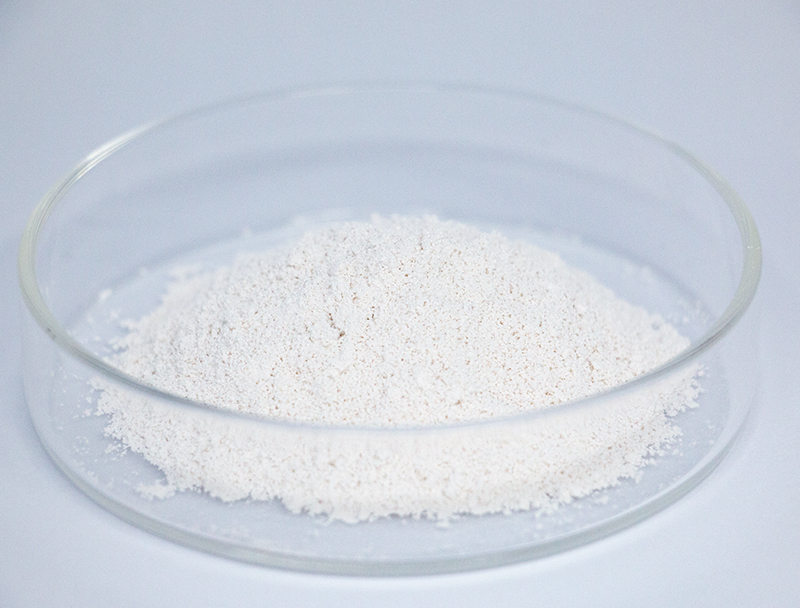
Gene Editing Breakthroughs That Elevate Biopharma Output
improvements in molecular editing platforms like CRISPR have updated therapeutic production processes. By accurate genomic tuning, developers enhance yields of critical biopharmaceuticals. This capability can unlock development of cost-efficient, high-performance biologics for many conditions.
Microbial Solutions for Greener Bioremediation Practices
progressive microbe-based cleanup tactics that mitigate industrial pollution. Certain microbes have capacities to biotransform contaminants into nonharmful forms.. Harnessing microbe-based degradation fosters cleanup tactics that minimize environmental disruption and residual waste.. Scientists are actively exploring a wide range of microbial species with diverse metabolic capabilities to target various pollutants, including heavy metals, pesticides, oil spills.. Such organisms are usable in treatment systems or applied directly to soils and waters to drive biodegradation of contaminants..
Employing microbial strategies for remediation provides multiple benefits versus traditional techniques. Microbe-driven cleanup typically costs less and generates fewer dangerous byproducts. In addition, microbial approaches enable pollutant-specific treatment without broad ecological disruption. Work in this area evolves rapidly to optimize the success rates and scalability of bioremediation solutions.
Leveraging Bioinformatics for Novel Therapeutics
Informatics platforms are essential to current drug discovery and development pipelines. By analyzing biological data to select and improve leads, computational methods support efficient drug development.
- With analysis of broad omics and clinical datasets, bioinformatic experts identify targets and model drug effects.
- In addition, predictive simulations inform medicinal chemistry efforts to craft more efficacious drugs.
- Ultimately, bioinformatics modernizes development workflows and expedites access to safe, beneficial medicines.
Fine-Tuning Metabolism to Maximize Bioproduct Synthesis
employs a variety of strategies to augment the synthesis of valuable bioproducts within microorganisms. Tactics can encompass genetic engineering to reconfigure metabolism, promoter modulation to adjust expression, and pathway insertion to enable new reactions.. By calibrating pathway dynamics and expression levels teams can greatly amplify bioproduct yields.
This wide-ranging tactic can overhaul industries spanning medicine, agriculture, and energy production.
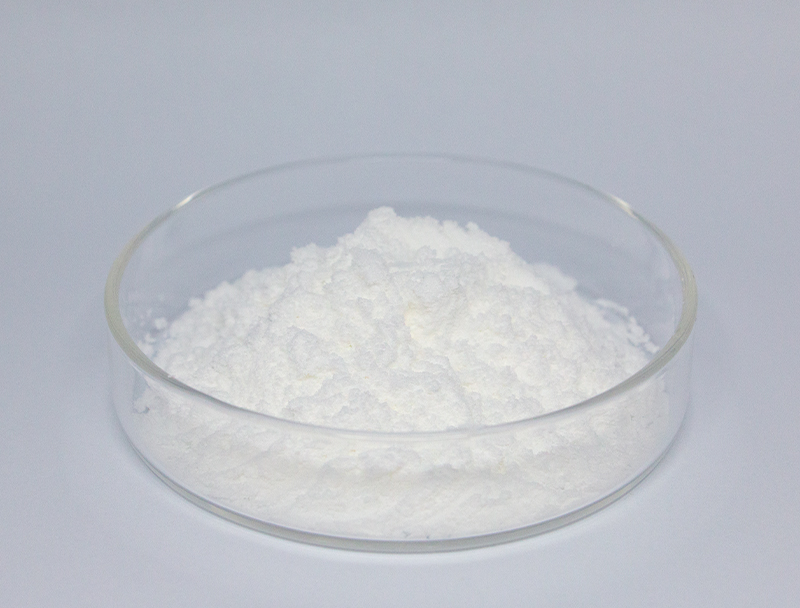
Industrializing Biopharmaceuticals: Risks and Rewards
Scaling up biopharmaceutical production presents both significant challenges and exciting opportunities. Sustaining uniform quality across expanded production capacity is a principal challenge. Resolving it depends on rigorous control strategies, precise instrumentation, and comprehensive analytics.
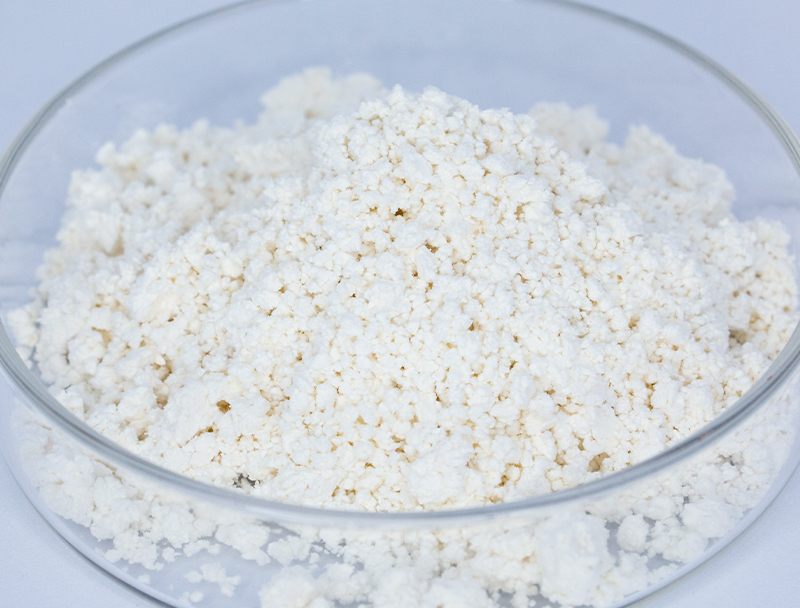
Process intricacy spanning various stages creates significant scale-up complexities.. Translating lab methods into scalable operations needs heavy research and technology breakthroughs.. Despite challenges, the benefits may be considerable. Skilled scaling can enlarge supply, lower prices, and increase profit potential.
Various efforts target the core issues L-Carnosine of industrialization. They encompass new process-improvement tools, in-line analytics for continuous oversight, and creative manufacturing approaches.
- Research and development activities are central to evolving manufacturing capacity.
- Regulators are adapting frameworks to speed authorization of novel manufacturing approaches and spur innovation.
Mapping the Compliance Environment for Safe Therapeutic Development
The development of biopharmaceuticals is a complex process that requires stringent regulatory oversight to ensure both patient safety and product efficacy. Therapies derived from biological organisms carry special considerations not typical of conventional pharmaceuticals.
Regulatory authorities including FDA and EMA are central to creating criteria and processes for approving innovative biologics..
Extensive evaluation procedures are essential across development phases, spanning preclinical work to post-market checks.. The measures work to spot potential hazards and validate that therapies reach demanding safety levels..
Also, governing institutions evolve their strategies to respond to swift advances in biopharmaceutical science.. Efforts comprise integrating cutting-edge tools and easing development pathways while upholding patient safety.
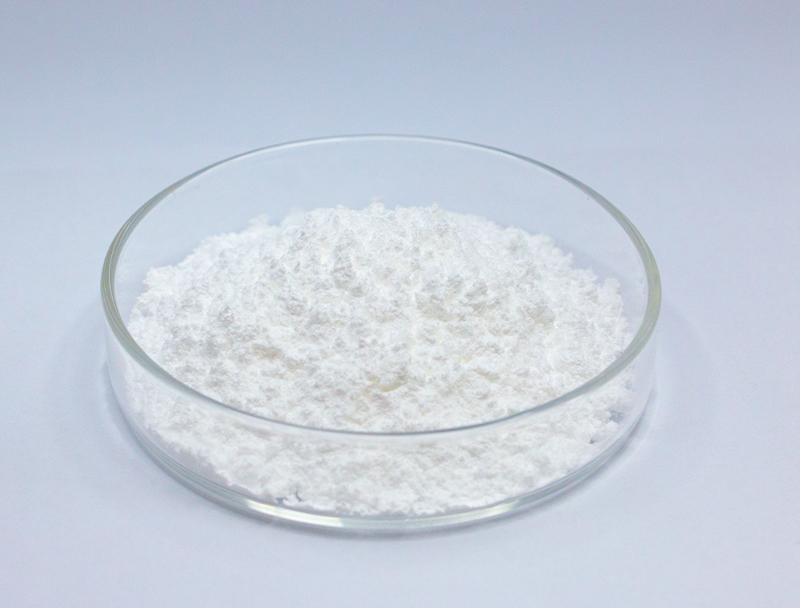
Exploring the Potential of Plant-Based Biomass Feedstocks in Bioplastics
Increasing interest in sustainable materials spurs innovation in renewable resource development. Bioplastics derived from plant biomass provide a viable route to more sustainable plastic alternatives. Materials such as starch from corn, cellulose pulp, and sugarcane biomass are convertible into biodegradable polymers that lower plastic waste concerns.
Additionally, many plant-based bioplastics show performance characteristics similar to conventional plastics for numerous uses.. Continued research and innovation in this field are crucial to unlocking the full potential of plant-based biomass feedstocks in the manufacture of sustainable bioplastics, paving the way for a circular economy.
Emerging Biotech Solutions for Health and Food Security
Modern biotech tools present opportunities to improve global health and stabilize food production. Applying targeted genetic edits, synthetic biology frameworks, and cellular therapeutics, practitioners produce measures to address infectious disease, boost harvests, and upgrade nutritional content.. To illustrate, modified plants designed for pest resilience and environmental tolerance can raise outputs and reduce pesticide application.. Furthermore, biotechnology supports creation of vaccines, therapeutic agents, and advanced diagnostics that strengthen responses to infectious threats and enhance health outcomes.. With ongoing research, biotech is positioned to enable broad improvements in health and food security that serve global populations.
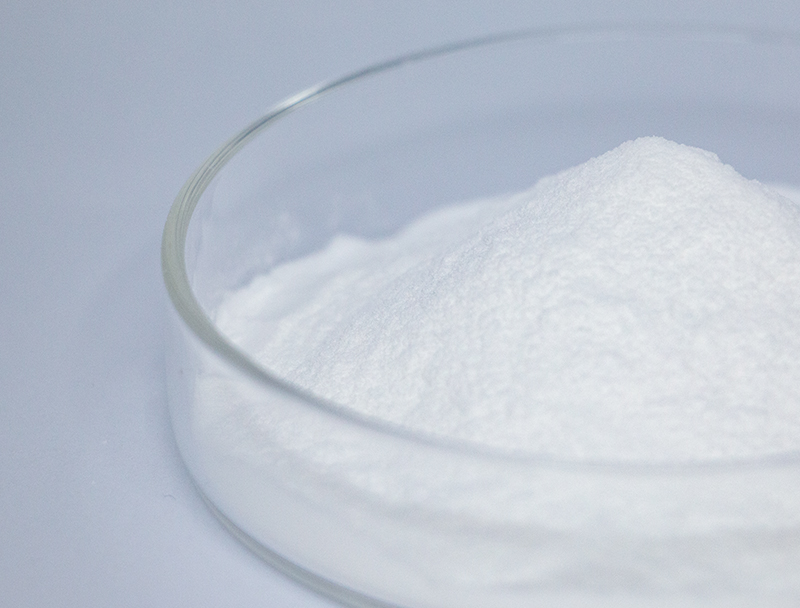 Calcium 2-oxoglutarate
Calcium 2-oxoglutarate